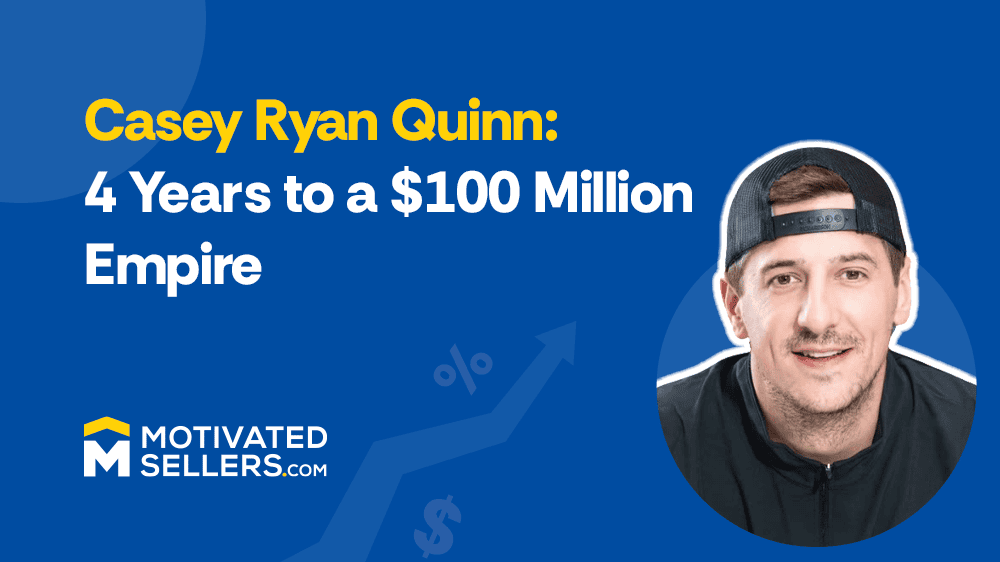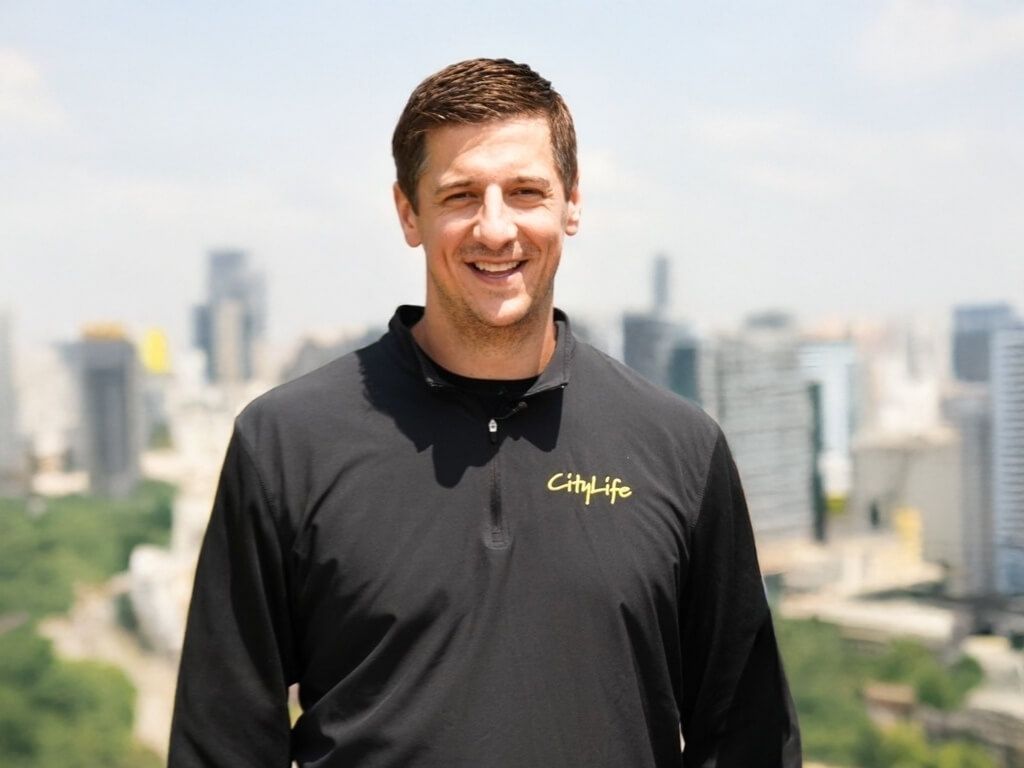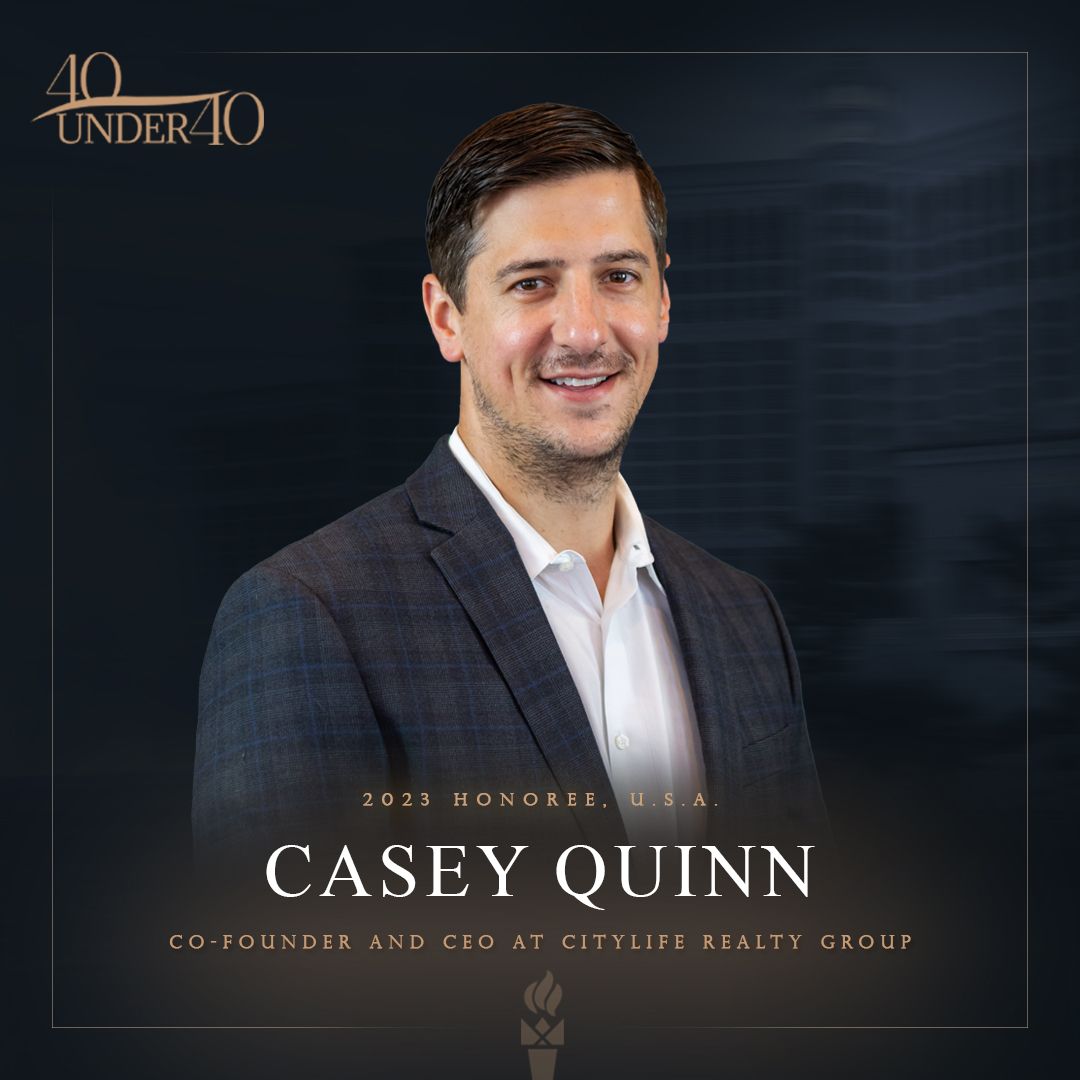

It’s actually interesting because the journey began after I lost my job in 2018. I was a public accountant traveling the country and helping people transform their finances. Traveling wasn’t my cup of tea, and frequent travel made me sick, so I decided to settle down in the suburbs.
That was my first introduction to real estate several years ago. I took the job of CFO at a local real estate company. My pay wasn’t high, but I loved what I did.
Long story short, the owner and I couldn’t get along very well, as I had a different perspective on the company’s culture and how people should be treated. Ten months later, I was fired from my job.
I took a Lending Tree loan ($30k) on Monday, knowing that Friday was going to be a bad day. I asked my wife for six months to figure things out, as I was sick of working for somebody else.

We launched on May 21, 2019. I bought my first $40,000 single-family Section 8 rental property, and that’s how we got started. (You might have guessed it—my business was launched before Covid-19, and it has been more than 6 years now.)
Today, my portfolio includes 950 doors, a property management firm, an accounting company, and a capital company.
All of our real estate operations happen in Pittsburgh, with a few outsourced investment ventures in Florida, Scottsdale, and Phoenix.
Pittsburgh has been a strong investment niche for us. We were born here, so we know this city incredibly well. Everyone on our team comes to a physical office, and we know the pulse of this market better than anyone else. Our first 100 units were in 3 to 4 zip codes where we literally grew up.
Pittsburgh is attractive to investors because it’s a very affordable city. We have three great teams and great hospitals, and a lot of tech companies are coming into Pittsburgh. Low prices support a stable market without the ups and downs seen in Phoenix, Dallas, and Florida. We see 4% to 10% appreciation every year, and that has been happening for the last 30 years.
The business lesson came at a time when we were trying to scale. Our approach was to push through scaling, which wasn’t the best strategy.
You can’t outgrow your problems. At one point, things were changing, and we had to cut costs fast. Unfortunately, we had to lay off 14 people in our company at once. That was a difficult decision but taught me to address problems before trying to scale.
My business partner was a well-known agent in Pittsburgh, and he was trying to figure out investing. Our first deal came through his connections. Right now, our number one lead source is direct mail marketing. We have also used PPC and SEO.
Business success doesn’t happen without expert-level accounting or an understanding of numbers. For example, real estate investors talk about property values and ARV. However, nobody talks about the cost of capital. I figured out that it costs us $157 per day to borrow money on a deal. That can add up quickly if you’re not careful. Once the problem was identified, we knew we had to complete deals quickly to shorten the time between them.
My number one rule in business or life is taking action. You can’t be successful without action. My number two rule is reflecting on your mistakes. And that’s all it takes to be successful in any endeavor. You have to act and then continuously improve by learning from your mistakes.
Converting a lead takes serious follow-up efforts. Ryan Quinn describes it as relationship building.
Relationships build a brand. They make it sustainable to grow your business while helping you secure leads. A referral is the cheapest lead in our industry. And do you know why investors receive referrals?
Because they have built relationships. Listen to the seller and build rapport. There is a reason a homeowner is reaching out. He or she is searching for a solution. Provide that.
The same goes for raising capital. At this point, I have raised 40 to 50 million dollars over the last 6 years. Even for capital generation, it’s not a transactional game. It’s a relationship game based on trust.

My rule is that you don’t try to predict the market because predictions can go wrong all the time. Define what’s relevant to you and your business today and focus only on that.
Dive into what’s happening in your hyper-local market. Understand where you’re going with those details. That’s all that matters. The national data is irrelevant.
Looking at the market, you can see that people need to sell properties, and they haven’t done that in a long time for whatever reason. And it’s a buyer’s market out there.
Progress in life is contingent upon action and the continuous improvement of your actions. Take massive action every single day on your most important goals. Continuously reflect on what those are. What mistakes have you made? How can you minimize errors? How can you change course as fast as possible? Because in any growing business, the only constant is change.
Another crucial thing is the willingness to admit your mistakes. You cannot progress without taking responsibility for what went wrong.
The industry is changing fast, and you don’t have all the time to learn everything. Be specific about the education you choose and make sure that it’s applicable to your current situation. If it’s not applicable right away, it’s shiny object syndrome.
If I had to start over with only $10,000, I would invest that capital into marketing a skill I already possess. Since I have a strong background in accounting, I would begin by offering my services to generate quick, high-conversion income. Once I have recouped the initial investment, I would reinvest the profits into marketing for real estate opportunities, starting with wholesaling, followed by flips, and eventually moving into BRRR strategies.
At City Life Residential, we acquired 94 properties last year while also completing a few rehabs. Over the past six years, we scaled quickly and are now close to managing 1,500 doors.
That was a lot to handle, so we decided to slow down this year. 2025 is the year for reflection and automation.
The goal is to reposition City Life Residential so we can continue growing beyond our seventh year.
Three years ago, I started an accounting company that has helped a lot of investors. The accounting business has been a great experience for me. We also launched a local hard money lending company, and we’ve seen strong demand for loans on that side. With our capital company, we’re now looking to acquire local service businesses—including a flooring company, a cleaning firm, and other verticals—for investment.
You can connect with Casey via his website or Instagram.